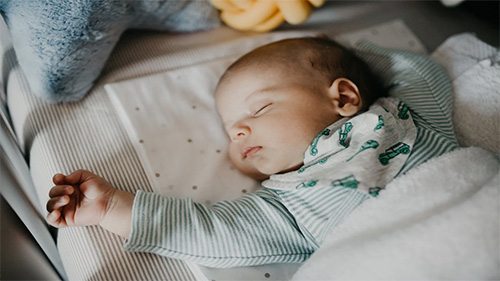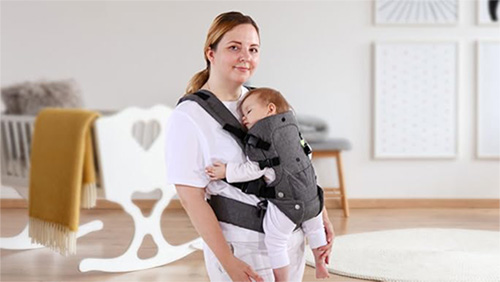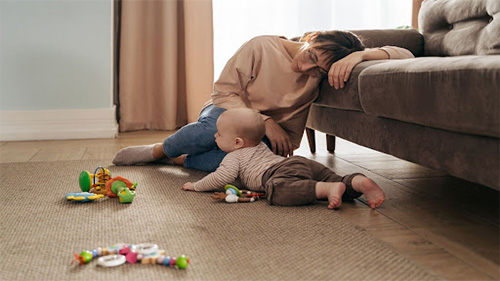The Sleep-Neurodevelopment Link: Do Infant Sleep Patterns Predict Autism Risk?

Parents often monitor their infants' sleep patterns, recording when they fall asleep, how long they sleep, and when they wake up. While these observations are often part of establishing healthy sleep habits, emerging research suggests that certain sleep behaviors during infancy may provide early clues about neurodevelopmental trajectories, including risk for autism spectrum disorder (ASD).
Research Findings
Recent research has highlighted the potential link between infant sleep patterns and the later development of autism spectrum disorder (ASD). For example, a study involving over 1,000 mother-infant pairs found that for every additional hour of sleep at six months of age, the likelihood of autism decreased by 22% by age 11.5. Conversely, longer sleep duration at 12 months of age was associated with a higher likelihood of autism by the same age.
Similarly, research has shown that infants who experience longer daytime sleep at one month of age have a higher risk of autism by age three. This association highlights the importance of early sleep behaviors in understanding developmental outcomes.
In the first year of life, sleep problems are linked to aberrant brain development, especially in the hippocampus, which is involved in memory and learning. Infants who experience sleep difficulties during this critical period are more likely to have atypical hippocampal growth trajectories, which may impact cognitive and social development.
A Bidirectional Relationship?
The relationship between sleep and autism may be bidirectional. While early sleep disturbances may contribute to the development of autism spectrum disorder (ASD), ASD itself may also contribute to sleep problems. Many children with ASD experience sleep disturbances, including insomnia and irregular sleep-wake cycles, which can exacerbate behavioral problems and impact overall health.
Understanding the potential link between sleep patterns and autism risk is valuable for parents and caregivers. While sleep disturbances alone cannot confirm a diagnosis of autism, they can serve as early indicators for further investigation. Establishing a regular sleep routine, ensuring a positive sleep environment, and monitoring sleep behaviors are all beneficial.
While the precise mechanisms linking infant sleep patterns and autism risk are still under investigation, current research highlights the importance of early sleep behaviors for neurodevelopment. By focusing on and supporting healthy sleep habits during infancy, parents may be able to positively influence their children's developmental trajectory.
Recommended for you



